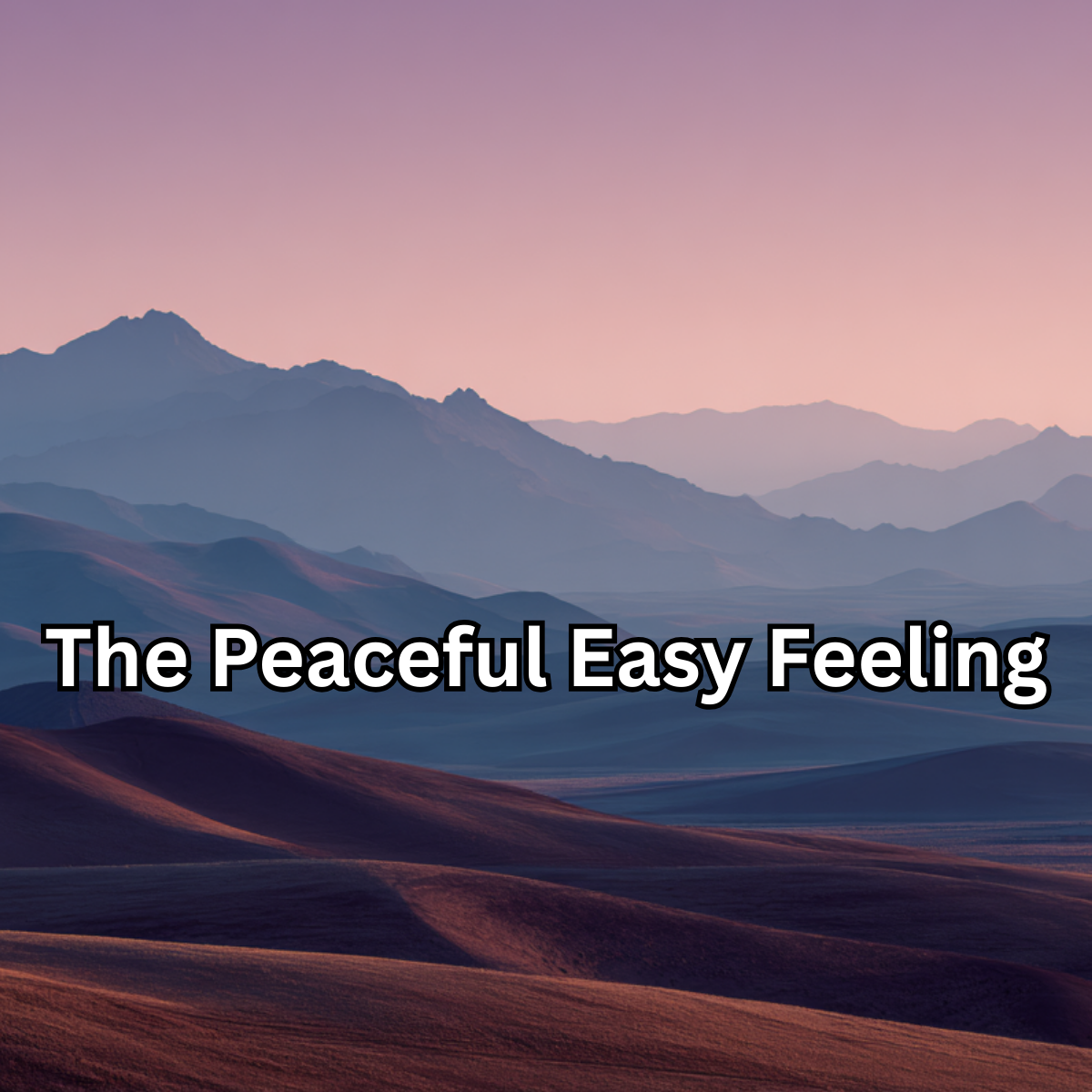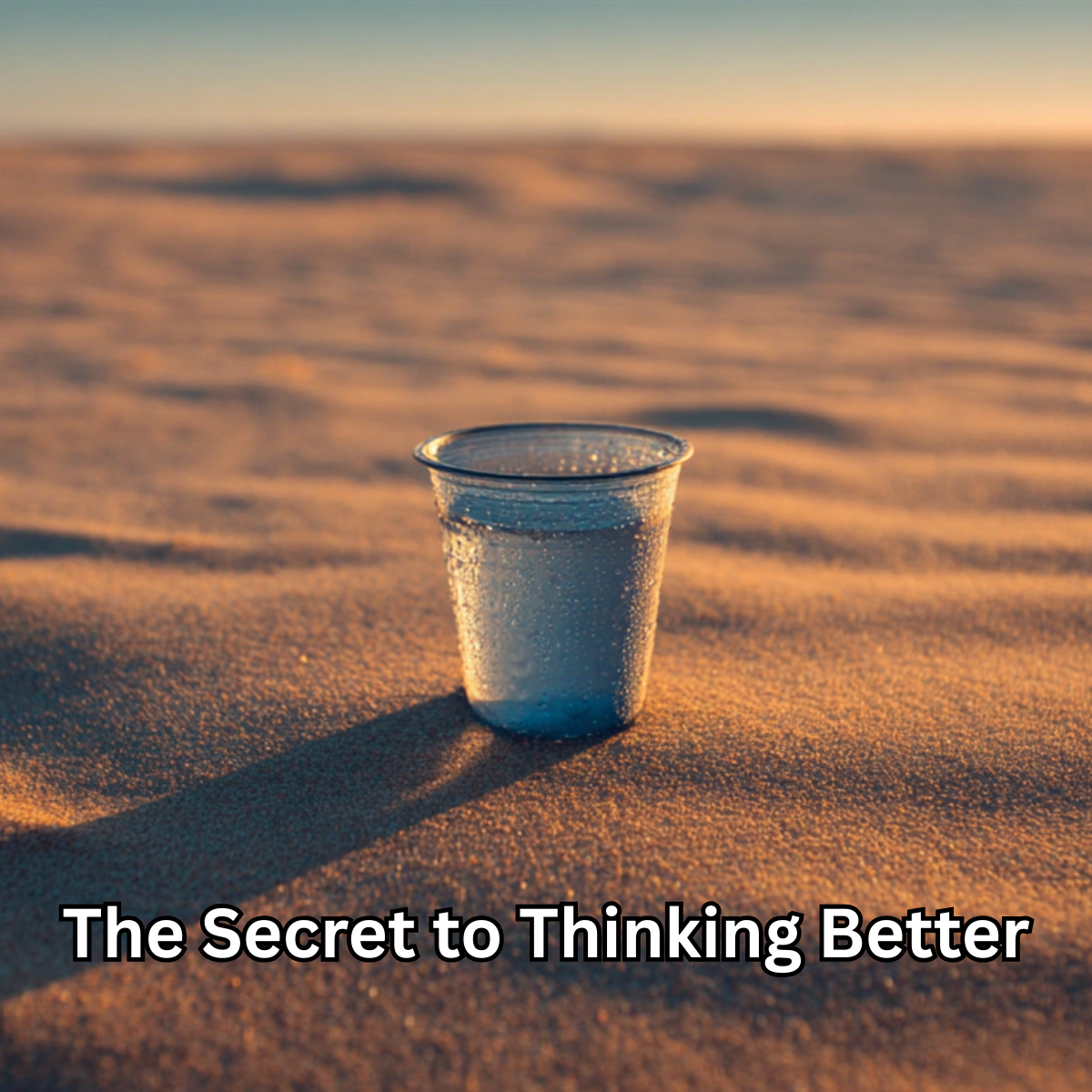You wake up in the dark. You get ready in artificial light. You drive your car in relative darkness. You work in an office with environmentally friendly dim lights and spend most of the day staring at LED screens. You come home in the dark, sit in a dimly lit room, and watch more LED screens. Your exposure to the full UV spectrum emanating from the Sun is very limited. For a species that was purpose-built to be spending all day in hard labor under the sun, we certainly put ourselves in an awkward situation. Stanford Professor Andrew Huberman has become a popular source of ideas regarding personal health, and a core tenant of his regime is a regular morning dose of natural direct sunlight. This is hardly a new concept.
I think most people know that the human body synthesizes sunlight to produce vitamin D. However, I do not think that people really ponder what that means. Vitamin D is one of the few vitamins that act like a hormone in our body – meaning that it can impact us. Also, Vitamin D is fat-soluble, which means it is stored in fat and is not necessarily quickly flushed out with urine. What is fascinating is that the human body uses excess cholesterol combined with sunlight to produce this vitamin. Vitamin D comes in two primary forms: D3, which is the one we naturally produce, and D2, which comes from plant sources and fungi. You could write a book on Vitamin D, and many people have, but to summarize the core functions this vitamin has in our bodies:
- Bone Health: Vitamin D is essential for the absorption of calcium in the gut, which is crucial for maintaining bone health and strength. A deficiency in vitamin D can lead to bone diseases such as rickets in children and osteomalacia or osteoporosis in adults.
- Immune System: It plays a significant role in the immune system’s functioning, with evidence suggesting it may help ward off infections and possibly reduce the risk of autoimmune diseases.
- Muscle Function: Adequate levels of vitamin D are necessary for normal muscle function.
- Anti-inflammatory and Cell Growth Regulation: It has anti-inflammatory properties and helps regulate cell growth, which is vital for overall health and can impact the risk of developing certain types of cancers.
Interestingly enough, one research study found a correlation between survival rates of COVID-19 infection and being outside. Seems rather obvious when you look at how Vitamin D interacts with our immune system. I guess staying locked up indoors might not have been the best plan. Lack of adequate vitamin D can lead to various health issues, including weakened bones, muscle weakness, and an increased risk of certain chronic diseases. People living in higher latitudes or those who spend little time outdoors are at a greater risk of this deficiency.
That is the clinical part explaining the correlation between direct sunlight exposure and the extremely important Vitamin D3. However, spending time in the morning light is not just about the natural production of a vitamin. There has been research going on for a few decades on this subject. To summarize a few:
- Boosting Vitamin D Supply: The most well-known benefit of sunlight is its ability to enhance the body’s vitamin D supply. Vitamin D deficiency is commonly linked to insufficient outdoor sun exposure. Link.
- Shifting Focus from Vitamin D3: Sunlight-derived vitamin D was initially thought to be the primary health benefit of sunlight exposure. However, recent studies have shown that the health benefits of vitamin D from sunlight have been questioned in clinical trials. Interestingly, in preliminary studies, red and near-infrared light, components of sunlight, have demonstrated health benefits, indicating that sunlight might improve health through multiple light-mediated mechanisms beyond just vitamin D synthesis. Link.
- Vitamin D-Independent Benefits: Apart from synthesizing vitamin D, safe sunlight exposure can stimulate anti-inflammatory pathways and have immune-modulating functions independent of vitamin D. There’s also a possible correlation between sunlight exposure and susceptibility and mortality rates of COVID-19. Link.
- Effects on Obesity and Cardiometabolic Dysfunction: Animal studies have shown that ongoing exposure to low doses of ultraviolet radiation (UVR), a component of sunlight, can reduce weight gain and the development of signs of cardiometabolic dysfunction in mice fed a high-fat diet. This suggests that regular exposure to safe levels of sunlight could help in reducing the burden of obesity. Link.
- Physiological Responses Beyond Vitamin D: Sunlight exposure triggers other physiological responses that are vital for health and well-being. These include the release of nitric oxide, the production of beta-endorphin, and the regulation of circadian rhythms. The current avoidance of sun exposure overlooks these critical health benefits. Link.
These studies collectively suggest that the health benefits of sunlight extend far beyond just the synthesis of vitamin D, encompassing various biological processes and potentially playing a role in disease prevention and overall health maintenance.
So now I have formulated two convincing arguments for your benefit. Spending time in direct sunlight, and I would argue doing so first thing when the sunrises, is beneficial due to Vitamin D3 production and a variety of other mental and physical benefits.
So why do we continuously lock ourselves up in indoor environments with little or no sunlight exposure for hours? Below are some suggestions to consider. You should always protect yourself against prolonged sun exposure by using appropriate sunscreen, sunglasses, etc. Especially during the more intense or peak times of the day.
10 Suggestions for increasing sunlight in your life:
- Outdoor Exercise: Engage in outdoor activities such as walking, jogging, cycling, or yoga. Regular exercise in parks or open spaces can increase your sunlight exposure.
- Gardening: Gardening is a relaxing way to spend time outdoors. It not only provides sunlight exposure but also can be a rewarding hobby.
- Outdoor Sports: Participating in outdoor sports like tennis, golf, soccer, or beach volleyball can be fun and a great way to soak up some sun.
- Picnics and Outdoor Meals: Having meals outside, like picnics in the park or dining in outdoor cafes, can be a pleasant way to enjoy the sun.
- Nature Hikes and Walks: Go for hikes or nature walks. This not only exposes you to sunlight but also connects you with nature.
- Beach Days: Spend a day at the beach, where you can relax in the sun, swim, or play beach games.
- Take Short Breaks Outdoors: Take short breaks to step outside during your workday. Even a few minutes of sun exposure can be beneficial.
- Adjust Your Indoor Environment: Open blinds and curtains to let in natural light. If possible, set up your work area near a window to get more exposure to natural light.
- Join Outdoor Groups or Clubs: Participating in outdoor groups or clubs can provide a social incentive to spend more time outside.
- Morning or Late Afternoon Sun: The sun is less intense during these times, making it safer to spend longer periods outdoors.
I bought one of those full-light spectrum lights that I put in my office so that I can get started in the early morning hours with some full-spectrum exposure. Helps me wake up, and I like to write articles like this while the light is shining on me.
Lately, I have been taking short breaks, standing outside, and thinking while feeling the sun’s warmth. This is good for me to do around 10 am or so.
The bottom line is that if you really want to transform yourself, you will have to get out more. Spend more time outdoors and less time contemplating your miserable existence locked up inside an office or bedroom. Wake up and realize how beautiful you are and how amazing the world is by spending more time in the morning light.




